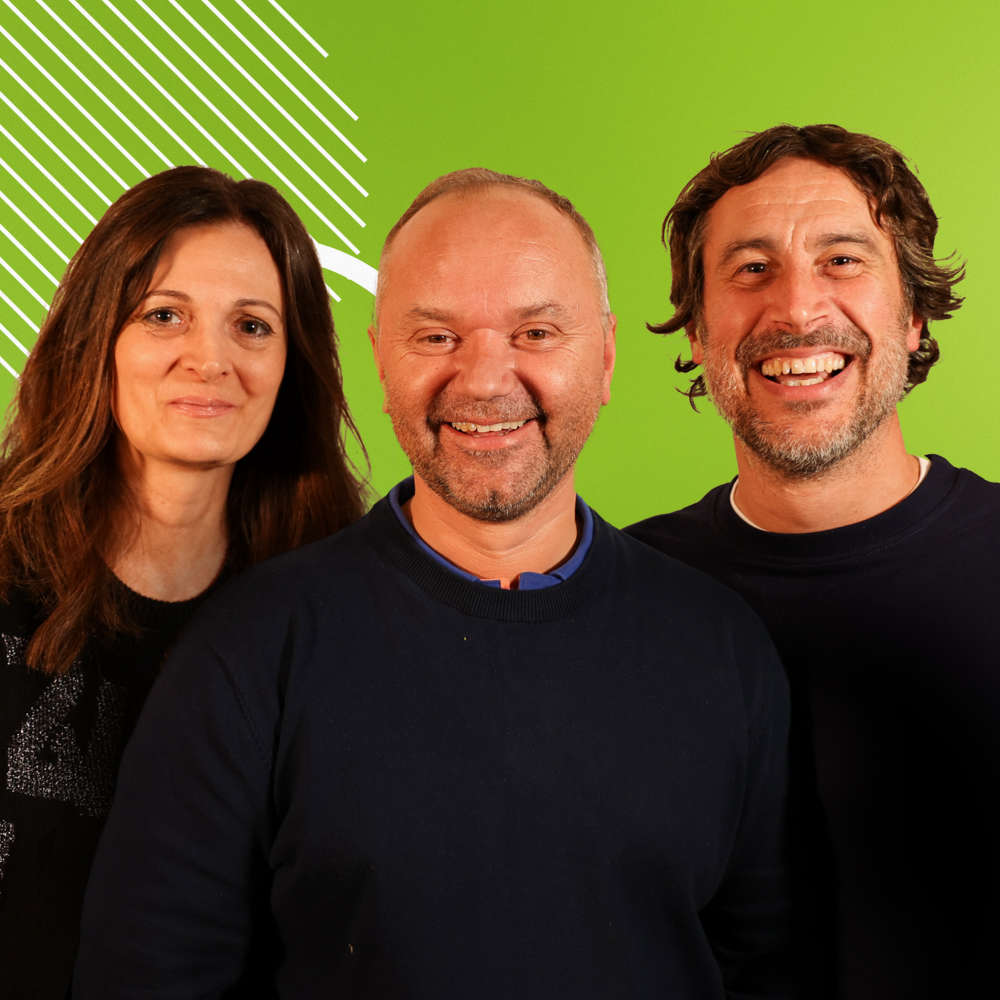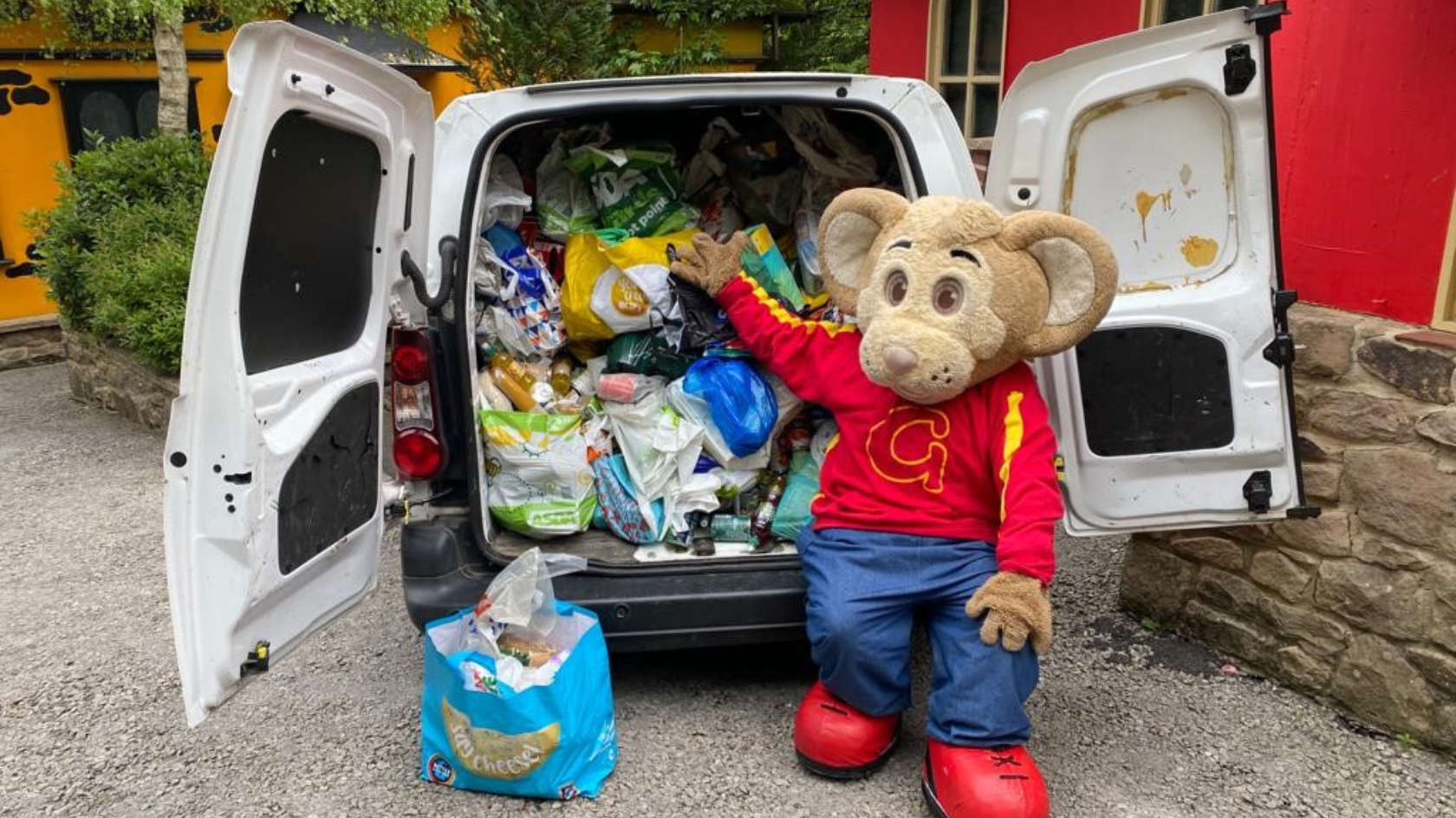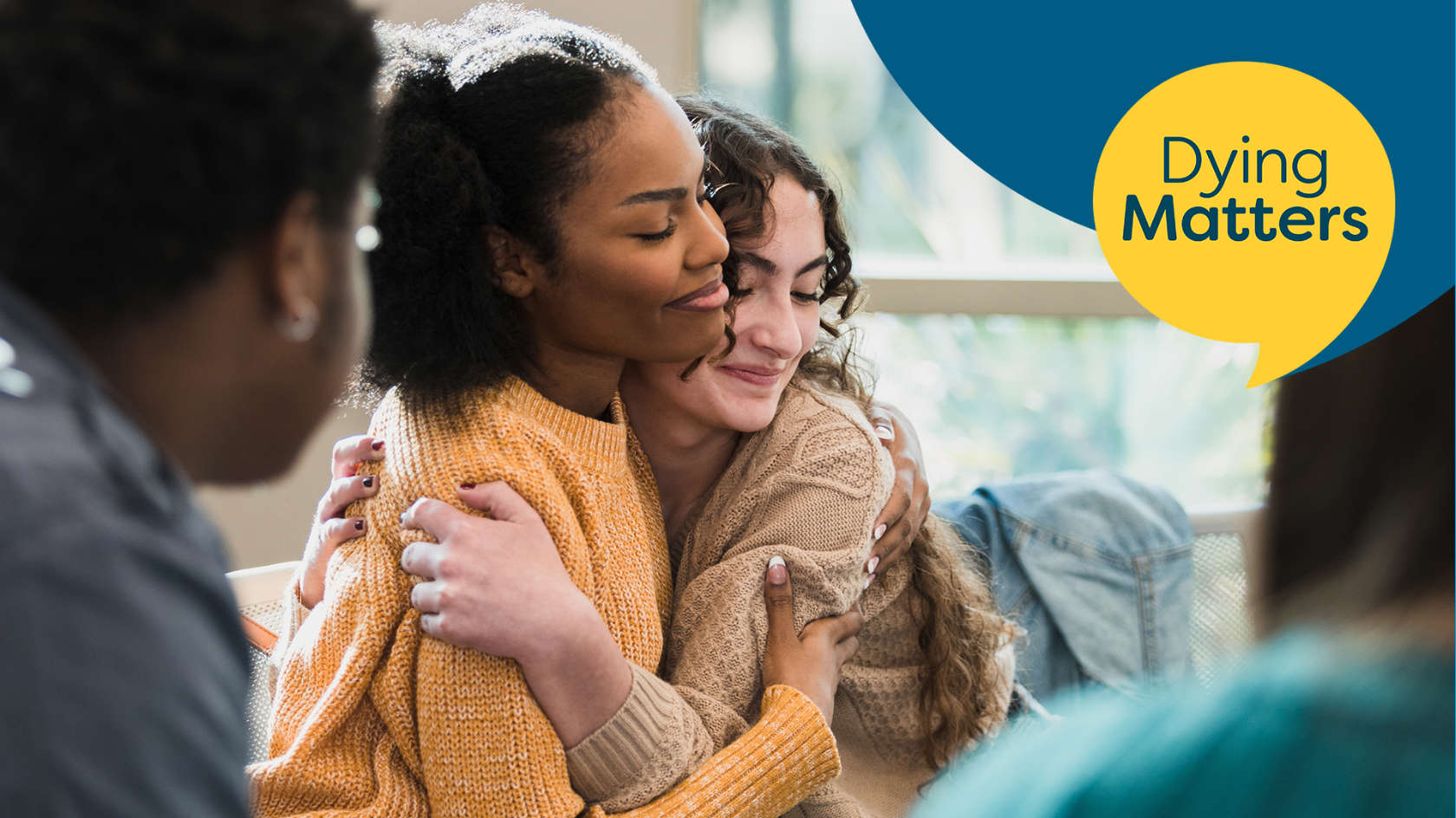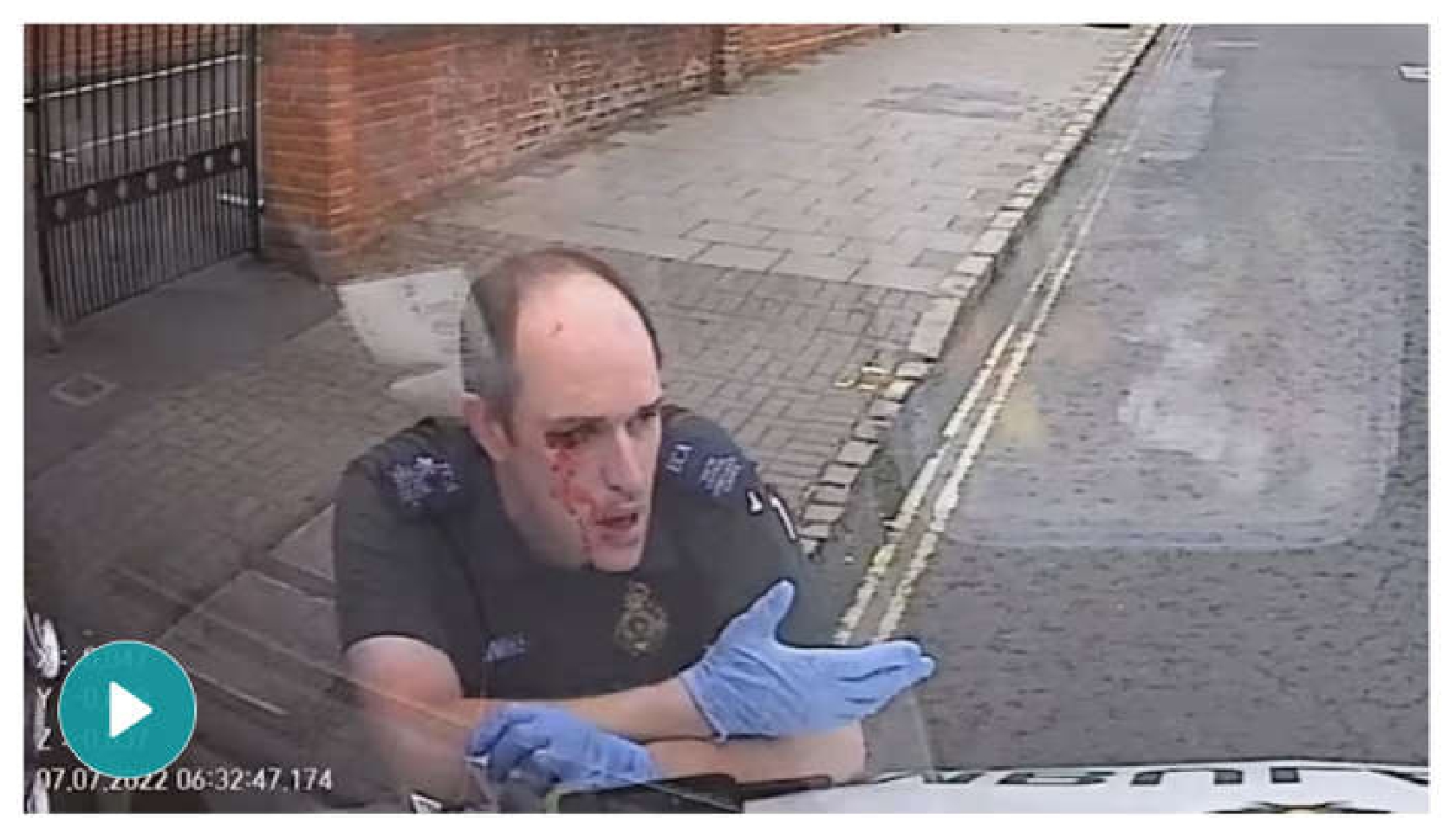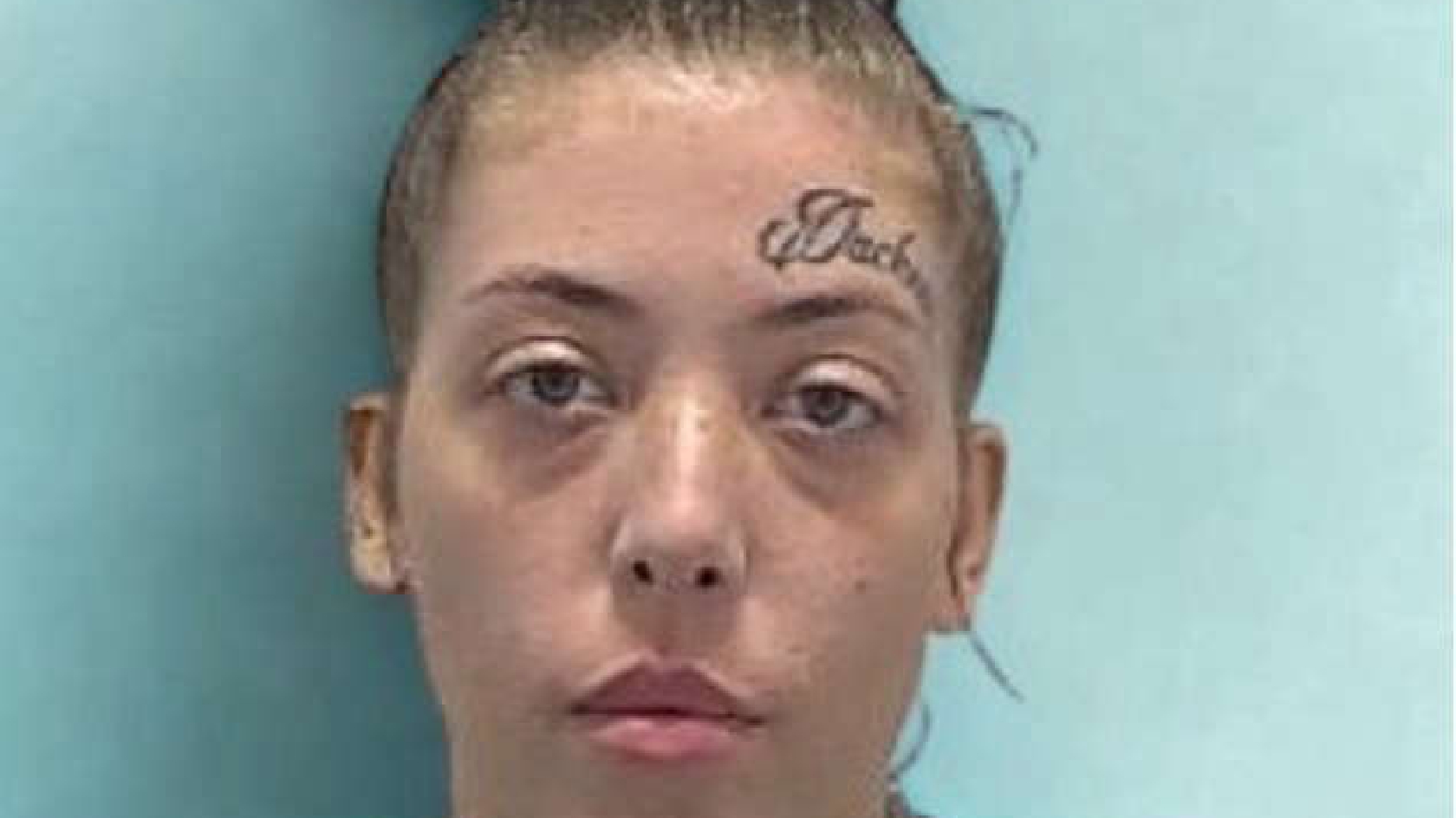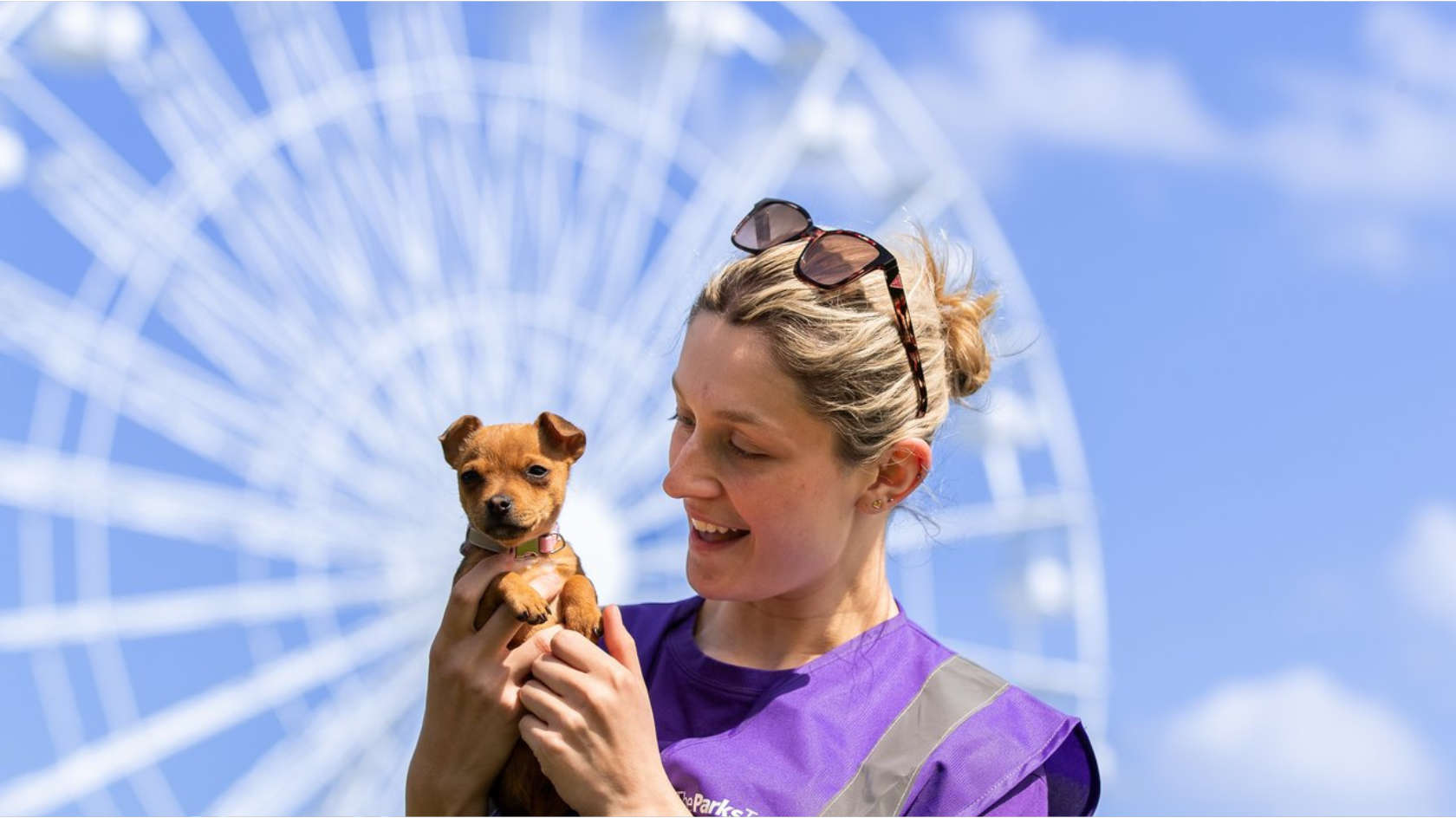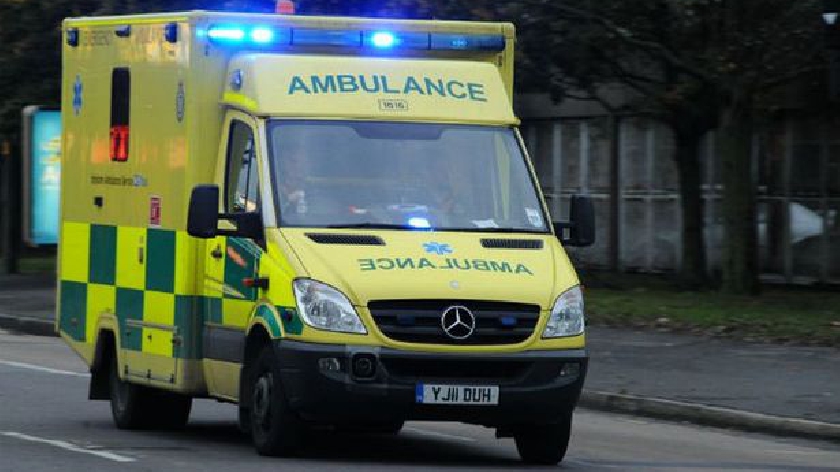
South Central Ambulance Service (SCAS) is encouraging the public to use NHS 111 online for medical advice.
The 111 online service offers patients quick advice on the best healthcare option, including a call back from a trained clinician or nurse, booking an appointment in A&E or providing advice on how to help patients recover.
It comes following a sharp rise in calls to the Trust, which provides emergency and urgent care to more than four million people across Buckinghamshire, Hampshire, Berkshire and Oxfordshire.
A number of factors are thought to be contributing to the rise in calls including the recent hot weather, COVID-19 transmission rates in the community and an increase in people spending time outside as restrictions ease.
SCAS is currently receiving 15% more calls per day to 999, while the non-emergency Patient Transport Service is experiencing higher demand than usual.
The Trust also has a number of staff currently absent as a result of COVID-19 infection or self-isolation, though this is being mitigated through the redeployment of clinical staff from non patient-facing roles.
Meanwhile, call handlers have reported some calls to 999 in recent days have been for non-emergency issues such as insect bites, broken wrists, sunburn, vomiting and even profuse sweating – and they have also suffered abuse when providing advice on how to self-treat and manage these conditions.
People who call 999 are also being urged to only call back if their condition worsens – not to check what time their ambulance will arrive.
Paul Jefferies, Assistant Director of Operations at SCAS, said: “Our frontline ambulance crews, 999 and 111 call handlers and the many other teams who ensure we can respond to patients as quickly as possible are working extremely hard as we see increased demand for our services.
“We are prioritising those patients that are most sick and severely injured and everyone who needs an ambulance will get one, however, there are other and often better options for people to get the care they need.”
He added: “As has been the case throughout the pandemic, the public can play their part by using 111 online for urgent advice, calling 999 in life-threatening cases – and only calling back if their condition worsens – and by getting the COVID jab.”
People are still being encouraged to contact 999 if they experience:
- signs of a heart attack like a pain like a heavy weight in the centre of the chest
- signs of stroke such as a person’s face dropping on one side
- difficulty breathing
- heavy bleeding that won’t stop
- seizures
- or sudden and rapid swelling of the eyes, lips, throat or tongue.
